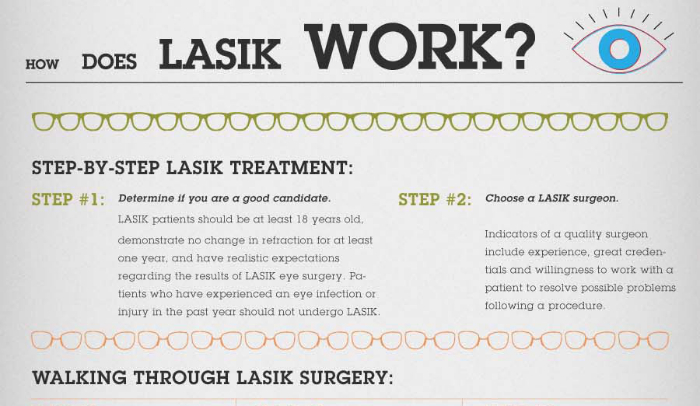Aiding A Loved One Going Through Cataract Surgical Procedure: Insights From A Caretaker'S Perspective
Aiding A Loved One Going Through Cataract Surgical Procedure: Insights From A Caretaker'S Perspective
Blog Article
Material By-Leonard Crosby
As a caregiver supporting a loved one encountering cataract surgical procedure, your function is critical in ensuring their comfort and healing. From pre-surgery preparations to post-operative treatment, your visibility and support can make a substantial distinction in their trip. Understanding the psychological and physical difficulties they might come across, offering sensible aid, and being their pillar of assistance are crucial elements in this process. Bear in mind, your duty goes beyond simply using aid; it's about being a source of strength and convenience during a substantial stage in their life.
Comprehending Cataract Surgical Procedure Refine
Checking out the actions associated with cataract surgery can help ease any type of anxiety or unpredictability you might have concerning the treatment. Cataract surgical treatment is a common and extremely successful procedure that includes removing the gloomy lens in your eye and replacing it with a clear fabricated lens.
Prior to the surgical procedure, your eye will be numbed with eye declines or a shot to ensure you don't really feel any discomfort during the treatment. please click the next site will certainly make a tiny cut in your eye to access the cataract and break it up utilizing ultrasound waves prior to meticulously removing it.
Once the cataract is removed, the synthetic lens will be put in its location. The entire surgical treatment generally takes about 15-30 mins per eye and is generally done one eye each time.
After the surgical procedure, you may experience some moderate pain or blurred vision, but this is typical and need to boost as your eye heals.
Readying for Surgical Procedure Together
To make sure a smooth and stress-free experience, planning for cataract surgical treatment together can make a considerable difference in your liked one's trip. Begin by participating in pre-surgery assessments with them. By doing this, you can ask questions, recognize the procedure, and give emotional support.
Help them arrange their pre-operative instructions, medications, and transport to and from the surgical center. Ensure their home awaits their recuperation by setting up a comfortable room with easy accessibility to essential things.
Help them in arranging for post-operative treatment if required, such as assist with dishes or family chores. Encourage them to adhere to the physician's advice pertaining to fasting before surgical procedure and medication procedures.
Assure them that you'll be there for them every action of the way. By proactively taking part in the prep work procedure, you can minimize stress and anxiety and guarantee that your loved one feels supported and taken care of throughout this vital time.
Post-Operative Care Tips
After cataract surgery, giving proper post-operative treatment is essential for your loved one's recovery. Guarantee they put on the protective guard over their eye as advised by the physician. Help them administer prescribed eye decreases and medicines on time to avoid infection and help recovery.
Motivate your enjoyed one to avoid touching or rubbing their eyes, as this can lead to difficulties. Aid them in adhering to any kind of constraints on flexing, lifting heavy items, or taking part in difficult activities to stop strain on the eyes. Make certain they attend all follow-up appointments with the eye doctor for monitoring development.
Keep the eye location clean and completely dry, avoiding water or soap straight in the eyes. Motivate your enjoyed one to wear sunglasses to shield their eyes from bright light and glow throughout the recovery process. Be patient and supportive as they recoup, offering help with daily jobs as needed.
Conclusion
Finally, supporting a liked one through cataract surgery involves being there every action of the means, from pre-surgery prep work to post-operative care. Your emotional support, functional assistance, and encouragement can make a considerable difference in their recuperation process. By staying educated, arranged, and https://www.verywellhealth.com/the-history-of-surgery-timeline-3157332 to their requirements, you can help make sure an effective end result and give them with the convenience and reassurance they require throughout this tough time.
